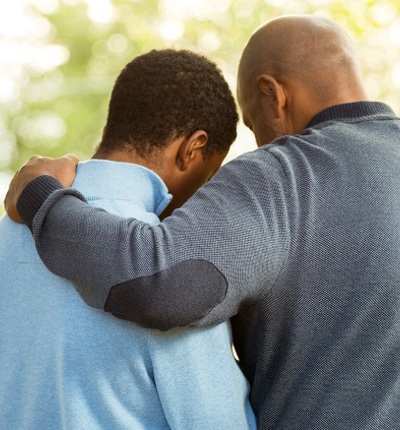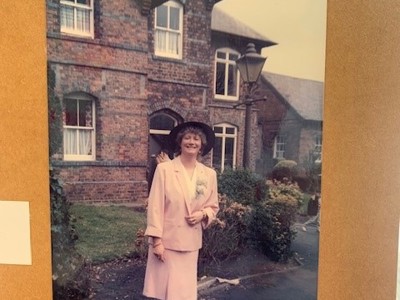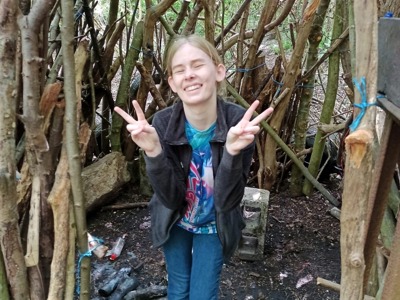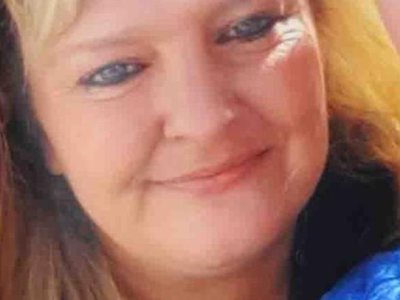
Inquests
Our specialist inquest lawyers can offer support and guidance
The majority of deaths which occur in the UK can be registered by a medical practitioner without any further inquiry into the circumstances of death. In certain circumstances however, a death cannot be registered until a Coroner has completed an investigation into that death and reached a conclusion as to how the person died.
From the initial decision whether or not an Inquest is necessary, the Inquest process involves multiple decisions being made by the Coroner. Bereaved families who are faced with decisions they disagree with regularly instruct our team of experts.
Our solicitors have extensive experience in corresponding with Coroner’s courts and making representations on behalf of bereaved families, including making submissions relating to whether a jury should summoned, whether the Coroner should undertake an enhanced investigation into the circumstances of a death and/or if Article 2, the right to life, applies, which witnesses should be called and what conclusion should be properly made at the end of an Inquest.
We also act regularly in judicial review challenges asking the High Court to review decisions made by Coroners.
Our Inquest lawyers can help with many aspects of the Inquest process, including reviewing disclosed material, making submissions on the scope of the Inquest and who should be called as witnesses, to drafting witness statements for any family members with relevant information and questioning witnesses at the actual Inquest.
We can also advise on whether the Coroner may issue a ‘Prevention of Future Death’ report at the end of an Inquest to ensure changes are made to minimise the risk of a future death occurring for the same reasons.
The human rights team assists families with Inquests across England and Wales, and have particular expertise in Inquests concerning:
- deaths of vulnerable adults in hospital or the community;
- deaths occurring in prison or immigration detention;
- deaths by homicide following state failings;
- deaths of children; and
- deaths oversees.
The team has experience in applying for the limited legal aid available to cover the costs of representation and can also advise whether the circumstances of a death give rise to a human rights claim.
Clients regularly seek a full and frank investigation into their loved one’s death and their objectives include trying to ensure no other death occurs due to the same alleged failings. Wherever possible we seek to persuade Coroners to exercise their powers to issue a Prevention of Future Death Report, which requires those with the power to do so, to take steps to minimise the risk of another death in similar circumstances.
You can find out much more about the inquest process, including information about funding in our section What is an Inquest.
Examples of our inquest work
Mr Linfoot, who was an inpatient at Broadmoor Hospital, died in his room from a suspected overdose and pneumonia. The Coroner found multiple gross failings in the care provided by the hospital and issued a Prevention of Future Deaths report requiring the Trust responsible for the hospital to take steps to address the shortcomings.
Mr Duggan, a young British student, died in Germany in 2003 where he was attending what he thought was an Anti-War conference, but was actually a conference run by the La Rouche Organisation, an extreme right-wing group. The German Police considered the death to be suicide and therefore found no reason to investigate his death. After successfully securing a second Inquest into his death, the British Coroner rejected suicide and found that Mr Duggan’s involvement with the La Rouche organisation may have had a bearing on his death.
Mr Hissey, who was a vulnerable adult with learning difficulties, died in supported living accommodation. The Coroner found that there were significant shortcomings in the care he was provided with and that these contributed to his death.
Mr Goold died in hospital following a dispute over his treatment plan, and in particular the use of the Liverpool Care Pathway. The Coroner found there had been failings in communication with his family which lead to the confusion and dispute over the care he was supposed to receive.
Mrs Collins was 88 years old when she died. She suffered from chronic peripheral vascular disease, Ischaemic Heart disease and a previous leg DVT in 2004. Due to her medical history, Mrs Collins was at a high risk of developing VTE. On admission to hospital, a she was assessed by a junior doctor who recommended Tinzaparin but did not complete the prescription. Following an operation Mrs Edwards collapsed and died; a DVT contributed to the death. The Coroner found it was an accidental death in part because though the risk of VTE was recognised, appropriate prophylaxis was not administered.
John Hay, a homeless man with a complex history of substance misuse problems, was remanded into custody at HMP Brixton in July 2010. Following his imprisonment, he was prescribed a treatment plan of methadone and diazepam. Seven days later, he was found dead in his cell. Following a three week inquest, the jury found Mr Hay’s death was caused by the simultaneous use of methadone and diazepam and that there were a number of failings with his care during his time in custody, including the failure of a doctor to see and assess Mr Hay before prescribing the treatment and a failure to have a comprehensive system for observing and monitoring Mr Hay.
The team has experience in applying for the limited legal aid available to cover the costs of representation and can also advise whether the circumstances of a death give rise to a human rights claim.
Clients regularly seek a full and frank investigation into their loved one’s death and their objectives include trying to ensure no other death occurs due to the same alleged failings. Wherever possible we seek to persuade Coroners to exercise their powers to issue a Prevention of Future Death Report, which requires those with the power to do so, to take steps to minimise the risk of another death in similar circumstances.
You can find out much more about the inquest process, including information about funding in our section What is an Inquest.
We acted for the families of James Furlong, Dr David Wails and Joseph Ritchie-Bennett who were killed by Khairi Saadallah in a terror attack in Forbury Gardens, Reading, in June 2020. Saadallah was known to multiple state agencies, including counter-terrorism police, prison and probation and mental health services. More information about the case can be found here.
Challenging inquest conclusions and s.13 applications
Coroners’ and juries’ conclusions at the end of an Inquest can be challenged using judicial review (link?) within 3 months of the decision and if for example new evidence emerges after this, section 13 of the Coroners Act 1988 provides another mechanism to seek a fresh Inquest, starting with an application to the Attorney-General. The threshold for successful judicial review challenges is a high one, and section 13 applications require a good reason for a fresh inquest to be held (“fraud, rejection of evidence, irregularity of proceedings, insufficiency of inquiry, the discovery of new facts or evidence or otherwise”). Section 13 also provides a way to seek an Inquest where one has not previously been held.
The two processes are very different, with judicial review claims having fixed procedures and court fees applying, whereas section 13 applications have no particular rules and there is little in the way of guidance for how decisions should be made. The law in this area is complex and time limits can be short and strict, so it is important to seek specialist advice quickly.
Recent news

Worcestershire care home staff did not prioritise resident safety before death of grandmother Margaret Medlicott, coroner concludes
An inquest into the death of Margaret Medlicott, who died after she was pushed over at a care home has concluded that neither she nor the fellow resident who caused her death should have been placed at the home because of restrictions it was under following critical reports from the care watchdog.

Inquest into the death of 16-year-old Rhianan Rudd finds there were missed opportunities by several of the agencies responsible for safeguarding her before her death
An inquest into the death of 16-year-old Rhianan Rudd, the youngest female ever to be charged with terror offences in the UK, has found there were missed opportunities by Counter Terrorism Police, Prevent, Derbyshire County Council and a number of mental health bodies in the period leading up to her death


